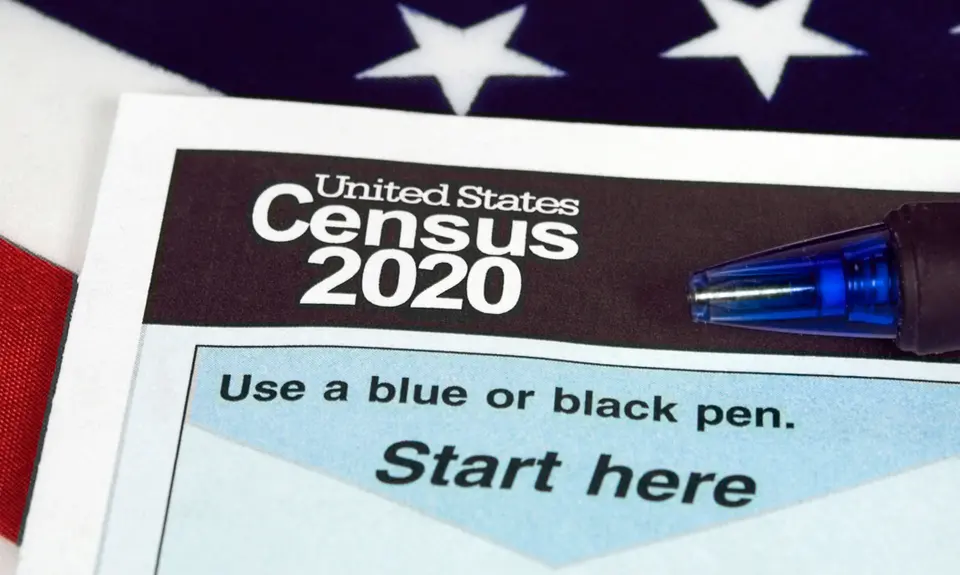On January 15, New York federal district judge Jesse Furman ruled that the Trump administration’s decision to add a citizenship to the 2020 Census was made in violation of the law. Progressives and experts focused on the accuracy of the data have opposed including the question because it would lead to severe undercounting of people of color and an unjust loss of representation.
Judge Furman noted that his legal ruling was based exclusively on material presented by the administration as part of the official “record of materials collected and submitted by Defendants that Secretary Ross allegedly considered, directly or indirectly, prior to making his decision.” That record made clear that Secretary Wilbur Ross violated the Administrative Procedure Act in numerous ways:
He failed to consider several important aspects of the problem; alternately ignored, cherry-picked, or badly misconstrued the evidence in the record before him; acted irrationally both in light of that evidence and his own stated decisional criteria; and failed to justify significant departures from past policies and practices — a veritable smorgasbord of classic, clear-cut APA violations.
When a qualified federal judge presides over a legal case, parties can’t get away with making ridiculous claims with no basis in reality. In rejecting the administration’s excuse for why it wanted to add a citizenship question to the 2020 Census, Judge Furman concluded:
[T]he evidence establishes that Secretary Ross’s stated rationale, to promote VRA enforcement, was pretextual — in other words, that he announced his decision in a manner that concealed its true basis rather than explaining it, as the APA required him to do.
Ouch.
This case demonstrates why courts matter. The Trump administration has spent its first two years stacking the courts with narrow-minded elitists more than willing to put the law aside if it gets in the way of their pro-corporate elitist agenda, and it has no plans to change direction now.
Judge Furman’s ruling reminds us of the role courts play in protecting our democracy and the rule of law:
[To] let Secretary Ross’s decision stand would undermine the proposition — central to the rule of law — that ours is a “government of laws, and not of men.” [citing John Adams] And it would do so with respect to what Congress itself has described as “one of the most critical constitutional functions our Federal Government performs.”
The administration will almost certainly appeal this decision to the Second Circuit, and it will ultimately be decided by the Supreme Court—which now has two Trump-nominated justices on it. This case will continue to remind us just how important the courts are in protecting our democracy, and—potentially—what can happen when qualified judges are replaced by Trump’s extremist nominees.
